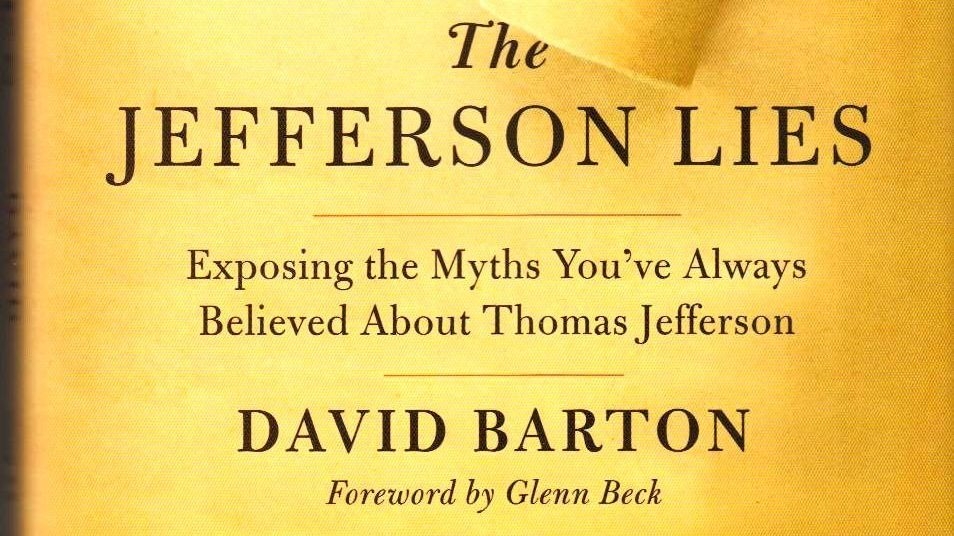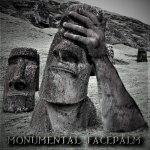@Lisa
Alexander Hamilton (1757-1804, (Founding Father of the United States, chief staff aide to General George Washington, one of the most influential interpreters and promoters of the U.S. Constitution, the founder of the nation's financial system, the founder of the Federalist Party, the world's first voter-based political party, the founder of the United States Coast Guard, etc.)
A share in the sovereignty of the state, which is exercised by the citizens at large, in voting at elections is one of the most important rights of the subject, and in a republic ought to stand foremost in the estimation of the law.
-
The Papers of Alexander Hamilton, Harold C. Syrett, ed. (New York, Columbia University Press, 1962), Vol III, pp. 544-545.
John Jay (1745-1829, Founding Father, Signed Treaty of Paris, First Chief of Justice of the Supreme Court, 1795-1801)
Providence has given to our people the choice of their rulers, and it is the duty, as well as the privilege and interest of our Christian nation, to select and prefer Christians for their rulers.
-
The Correspondence and Public Papers of John Jay, Henry P. Johnston, ed. (New York: G.P. Putnams Sons, 1890), Vol. IV, p. 365.
Daniel Webster (1782-1852, U.S. Congressman)
Impress upon children the truth that the exercise of the elective franchise is a social duty of as solemn a nature as man can be called to perform; that a man may not innocently trifle with his vote; that every elector is a trustee as well for others as himself and that every measure he supports has an important bearing on the interests of others as well as on his own.
-
The Works of Daniel Webster (Boston: Little, Brown, and Company, 1853), Vol. II, p. 108, from remarks made at a public reception by the ladies of Richmond, Virginia, on October 5, 1840.]
Noah Webster (1758-1843, Founding Father, author of Webster’s Dictionary and school textbooks).
In selecting men for office, let principle be your guide. Regard not the particular sect or denomination of the candidate - look to his character…When a citizen gives his suffrage to a man of known immorality he abuses his trust; he sacrifices not only his own interest, but that of his neighbor, he betrays the interest of his country.
-
Letters to a Young Gentleman Commencing His Education to which is subjoined a Brief History of the United States (New Haven: S. Converse, 1823), pp. 18, 19.
Samuel Adams (1722-1803), Founding Father and “The Father of the American Revolution”).
Let each citizen remember at the moment he is offering his vote that he is not making a present or a compliment to please an individual - or at least that he ought not so to do; but that he is executing one of the most solemn trusts in human society for which he is accountable to God and his country.
-
The Writings of Samuel Adams, Harry Alonzo Cushing, editor (New York: G.P. Putnam's Sons, 1907), Vol. IV, p. 256, in the
Boston Gazette on April 16, 1781.
Matthew 13:24-25 Parable of the Tares (weed) Among the Wheat
Jesus presented another parable to them, saying, “The kingdom of heaven may be compared to a man who sowed good seed in his field. But while his men were sleeping, his enemy came and sowed tares among the wheat, and went away.
Notice that Jesus never faulted the enemy for doing what comes natural to them but instead states that the tares were sown because the good men slept.
Or, to say it another way…
Edmund Burk 1729-1797, Irish born member of the British Parliament and supported the American Revolution)
The only thing necessary for the triumph of evil is for good men to do nothing.
Robert Winthrop (1809-1894, 18th Speaker of the House of Representatives)
All societies of men must be governed in some way or other. The less they may have of stringent State Government, the more they must have of individual self-government. The less they rely on public law or physical force, the more they must rely on private moral restraint. Men, in a word, must necessarily be controlled, either by a power within them, or by a power without them; either by the Word of God, or by the strong arm of man;
either by the Bible, or by the bayonet. It may do for other countries and other governments to talk about the State supporting religion. Here, under our own free institutions, it is Religion which must support the State. [emphasis mine]
-
Addresses and Speeches on Various Occasions (Boston: Little, Brown & Co., 1852), p. 172 from his "Either by the Bible or the Bayonet.")
John Quincy Adams (1767-1829, 6th President of the United States)
Duty is ours; results are God’s.
- Quoted by Elbridge S. Brooks,
Historic Americans: Sketches of the Lives and Characters of Certain Famous Americans (New York: Thomas Y. Crowell and Company, 18999), 209.





